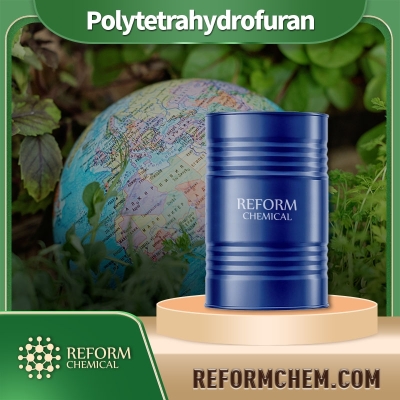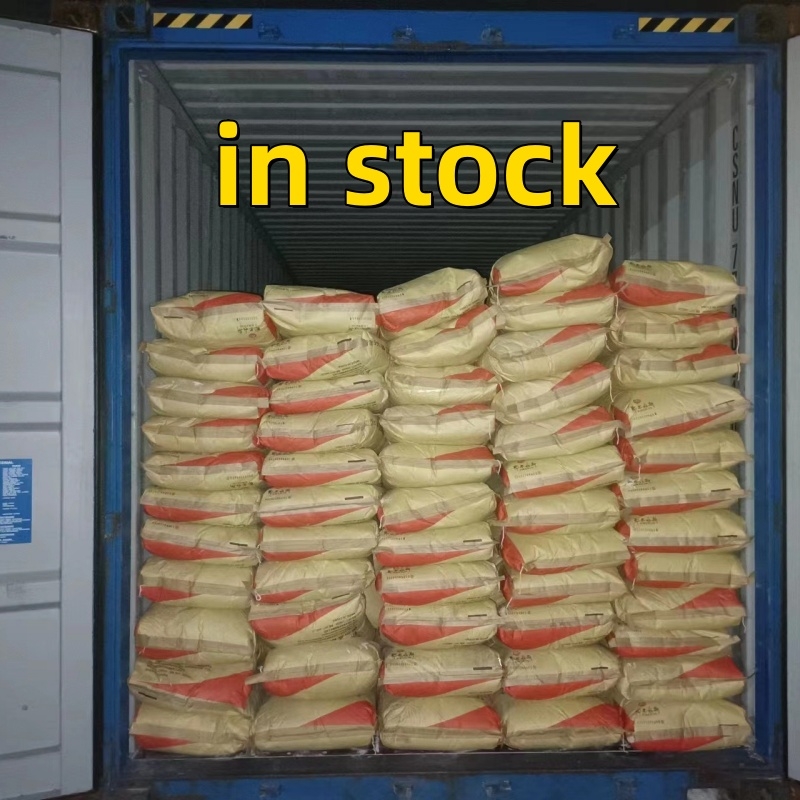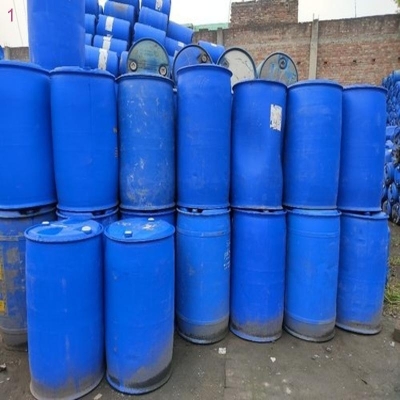-
Categories
-
Pharmaceutical Intermediates
-
Active Pharmaceutical Ingredients
-
Food Additives
- Industrial Coatings
- Agrochemicals
- Dyes and Pigments
- Surfactant
- Flavors and Fragrances
- Chemical Reagents
- Catalyst and Auxiliary
- Natural Products
- Inorganic Chemistry
-
Organic Chemistry
-
Biochemical Engineering
- Analytical Chemistry
-
Cosmetic Ingredient
- Water Treatment Chemical
-
Pharmaceutical Intermediates
Promotion
ECHEMI Mall
Wholesale
Weekly Price
Exhibition
News
-
Trade Service
According to foreign media reports, researchers at the Jülich Research Center in Germany have found a way
to quickly charge solid-state batteries.
They showed that their concept could make the charging current ten times higher than before, and the key was to choose a material
that had always been very compatible.
According to researchers at the Jülich Research Center, all components of solid-state batteries are made
of different phosphate compounds.
The researchers designed batteries to be charged in less than an hour, and their approach solves the biggest obstacle to solid-state batteries, low current, which is why solid-state batteries typically take 10 to 12 hours to fully charge
.
In addition, the researchers said that the new solid-state battery contains essentially no toxic substances
.
Dr.
Shicheng Yu said that in early tests, the new battery was very stable in 500 charge-discharge cycles, and 84% of the original battery capacity was preserved, and a capacity loss of less than 1% was feasible
.
Researchers at the Jülich Research Center will further improve this fast-charging solid-state battery
in the future.
According to foreign media reports, researchers at the Jülich Research Center in Germany have found a way
to quickly charge solid-state batteries.
They showed that their concept could make the charging current ten times higher than before, and the key was to choose a material
that had always been very compatible.
According to researchers at the Jülich Research Center, all components of solid-state batteries are made
of different phosphate compounds.
The researchers designed batteries to be charged in less than an hour, and their approach solves the biggest obstacle to solid-state batteries, low current, which is why solid-state batteries typically take 10 to 12 hours to fully charge
.
In addition, the researchers said that the new solid-state battery contains essentially no toxic substances
.
Dr.
Shicheng Yu said that in early tests, the new battery was very stable in 500 charge-discharge cycles, and 84% of the original battery capacity was preserved, and a capacity loss of less than 1% was feasible
.
Researchers at the Jülich Research Center will further improve this fast-charging solid-state battery
in the future.







